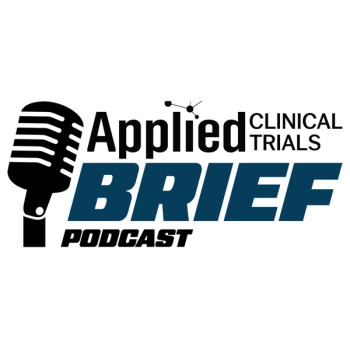
ACT Brief: FDA Capacity Strains Timelines, Sponsors Rethink Site Support, and Regulators Align on AI
In today’s ACT Brief, we examine how reduced FDA capacity is extending regulatory timelines, why sponsors are rethinking operating models to reduce site burden in 2026, and how the FDA and EMA are aligning around guiding principles for artificial intelligence in drug development.
